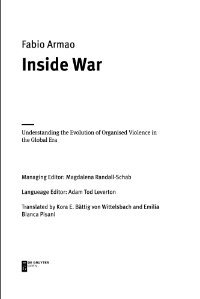By David Lewis
Despite Ukraine's ongoing counter-offensive, in September 2023 Russia still controlled around 17% of Ukrainian territory, an area roughly the size of Denmark. Russia's occupation of these Ukrainian territories relied primarily on repression and violence, but economic levers also played an important role in consolidating Russian rule. This paper details Russia's illicit economic activity in the occupied territories and calls for more international attention to this aspect of Russia's invasion.
Since Russia occupied large parts of south-eastern Ukraine in March 2022, it has worked rapidly to incorporate these regions into Russia's economic and financial system. Key elements in this 'economic occupation' include:
The seizure of many Ukrainian businesses and assets. The occupation authorities 'nationalised' many companies and reregistered them as Russian businesses with new management.
The imposition of the Russian currency, financial and tax system, and the forced closure of Ukrainian banks.
The forcible takeover of farms or pressure on farmers to cooperate with the occupation authorities. Russian officials oversaw the illegal export of Ukrainian grain from the occupied territories.
The reconstruction of cities such as Mariupol, the city destroyed by Russian forces in spring 2022, in a multi-billion-dollar government programme that is profiting well-connected Russian companies.
These acts were all illegal under Ukrainian law and some may constitute potential war crimes under international law.
Research Paper 20. Birmingham, UK: University of Birmingham, 2023. 43p.







